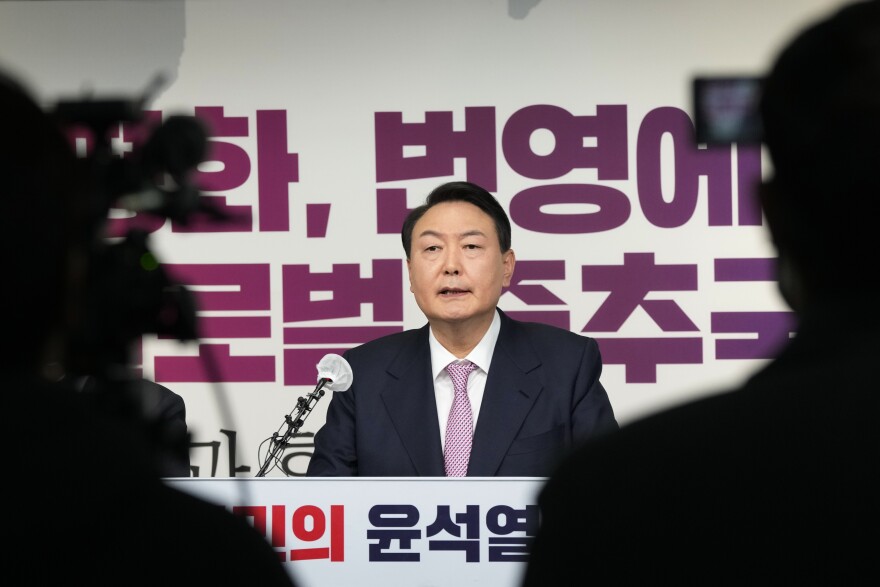This is an election year — and not only in Hawaiʻi and for the U.S. Congress. South Korea’s presidential election is five weeks from Wednesday — and this year’s run is unusual in several ways.
In South Korea, presidents are elected for a single five-year term — so current President Moon Jae-in will soon be heading to the political sidelines.

His Democratic Party holds a majority of seats in the National Assembly — analysts call its political tendencies center-left.
The ruling party’s nominee is Lee Jae-myung — a former mayor and governor, and previously a civil rights attorney.
He favors some progressive policies — including a universal basic income — starting with farmers and fishers.
The main opposition is the more conservative People Power Party.
Its presidential candidate is Yoon Suk-yeol, a career prosecutor who ran the successful corruption case against former President Park Geun-hye.
He’s called for the United States to redeploy tactical nuclear weapons in South Korea — something the U.S. pulled out of the country in the early 1990s.
Neither of the two main party candidates has served in South Korea’s National Assembly — a first in South Korea’s history as a democracy.
There are two smaller parties — with their own presidential candidates.
Ahn Cheol-soo is running for the center-right People’s Party, while Sim Sang-jung is running for the progressive Justice Party.
Analysts say the two main candidates have sharply differing policy positions — and right now the polling between the two remains tight.




